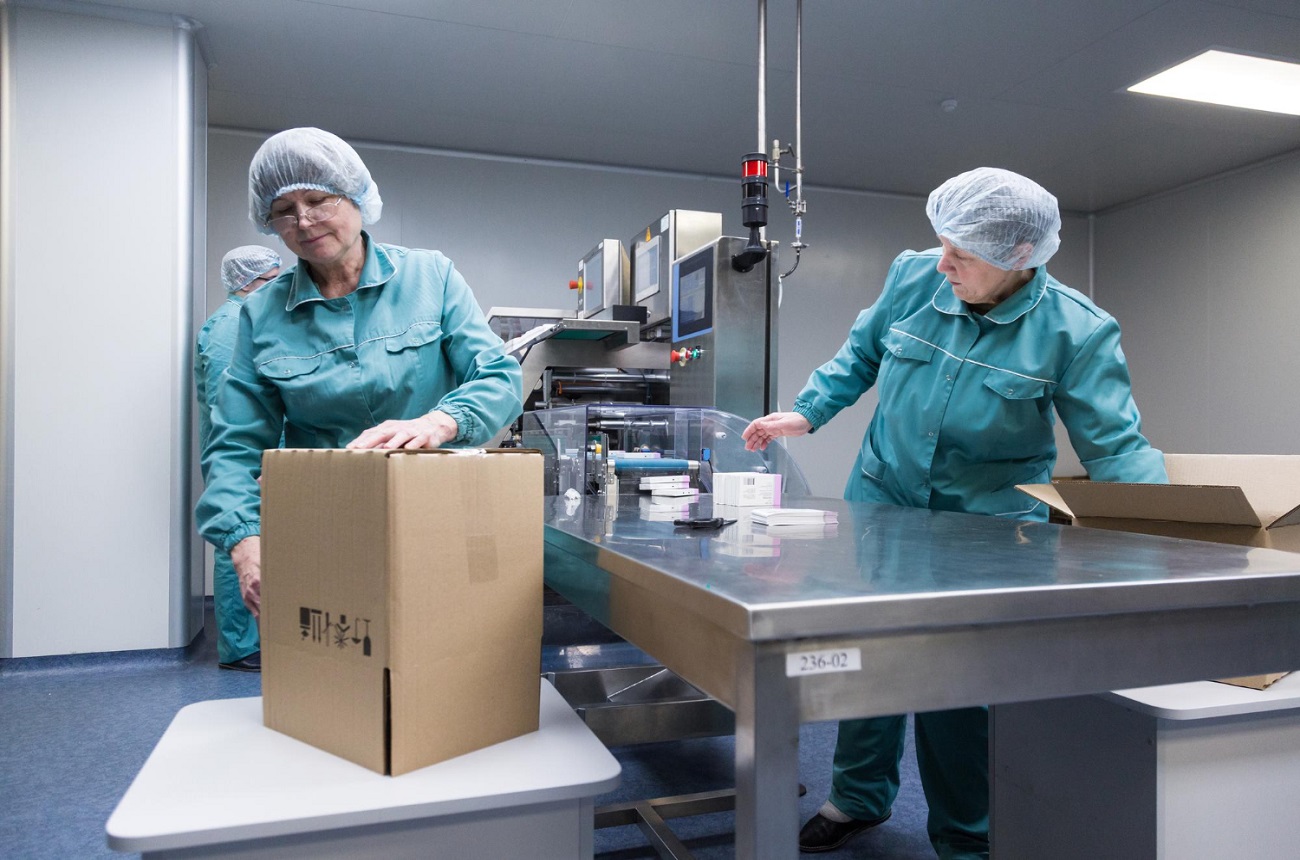Verify Your Email Address
Please ensure to verify your email for confirmation. We recommend checking your spam and trash folders as well.

Embarking on the journey to find trusted cosmetic manufacturers in China can be both exciting and challenging. With the booming cosmetic industry, it’s crucial to ensure your suppliers meet the highest standards. In this comprehensive guide, we’ll delve into six effective ways to connect with reputable cosmetic manufacturers, offering valuable insights to aid your quest.
The Chinese cosmetic market is a dynamic landscape influenced by various factors. Market dynamics, including trends and consumer behavior, play a pivotal role. Understanding the regulatory landscape is equally essential, ensuring compliance with industry standards.
Before committing to a cosmetic manufacturer, delve into their background. Scrutinize their online presence, examining websites and social media. Assess their industry reputation, looking for customer reviews and testimonials.
B2B platforms are goldmines for connecting with cosmetic manufacturers. Identify key platforms catering to the cosmetic industry and develop a strategy for vetting suppliers effectively.
Effective communication is the cornerstone of successful partnerships. Overcome language barriers by considering language nuances and ensuring you ask the right questions to evaluate the manufacturer’s capabilities.
Physical visits to manufacturing facilities provide firsthand insights. Assess production processes, quality control measures, and ensure the manufacturer aligns with your standards for product excellence.
Forge long-term relationships with trusted manufacturers through transparent communication and effective negotiation. Establishing mutual trust ensures a lasting and fruitful partnership.
Q: What are the key factors to consider when researching a manufacturer’s background?
A: When researching a manufacturer, focus on their online presence, including websites and social media, and scrutinize their industry reputation through customer reviews.
Q: How can language considerations be addressed during direct communication with Chinese manufacturers?
A: Overcome language barriers by being aware of language nuances and ensuring clear and concise communication. Consider hiring a translator if needed.
Q: Why are on-site visits crucial when dealing with cosmetic manufacturers in China? A: On-site visits provide firsthand insights into the manufacturing process, quality control measures, and overall facility conditions, ensuring alignment with your standards.
Q: Which B2B platforms are recommended for connecting with cosmetic manufacturers in China?
A: Key B2B platforms like Alibaba and Global Sources are highly recommended. Vetting suppliers on these platforms is essential for a trustworthy partnership.
Q: What negotiation strategies can be employed to build long-term relationships with manufacturers?
A: Transparent communication, fair negotiations, and a focus on building mutual trust are essential in establishing long-term relationships with cosmetic manufacturers.
Q: How can one stay updated on the regulatory landscape of the Chinese cosmetic market?
A: Regularly monitor industry publications, participate in forums, and engage with regulatory authorities to stay informed about any changes in the Chinese cosmetic market.
Navigating the landscape of cosmetic manufacturing in China demands a strategic approach. By understanding the market, researching manufacturers, utilizing B2B platforms, fostering direct communication, conducting on-site visits, and building long-term relationships, you’ll secure trusted partnerships in the thriving cosmetic industry.

High Quality, Low Price, No Minimum, One-stop Private Customized Cosmetics Shopping Website.
| Cookie | Duration | Description |
|---|---|---|
| cookielawinfo-checkbox-analytics | 11 months | This cookie is set by GDPR Cookie Consent plugin. The cookie is used to store the user consent for the cookies in the category "Analytics". |
| cookielawinfo-checkbox-functional | 11 months | The cookie is set by GDPR cookie consent to record the user consent for the cookies in the category "Functional". |
| cookielawinfo-checkbox-necessary | 11 months | This cookie is set by GDPR Cookie Consent plugin. The cookies is used to store the user consent for the cookies in the category "Necessary". |
| cookielawinfo-checkbox-others | 11 months | This cookie is set by GDPR Cookie Consent plugin. The cookie is used to store the user consent for the cookies in the category "Other. |
| cookielawinfo-checkbox-performance | 11 months | This cookie is set by GDPR Cookie Consent plugin. The cookie is used to store the user consent for the cookies in the category "Performance". |
| viewed_cookie_policy | 11 months | The cookie is set by the GDPR Cookie Consent plugin and is used to store whether or not user has consented to the use of cookies. It does not store any personal data. |
Please ensure to verify your email for confirmation. We recommend checking your spam and trash folders as well.